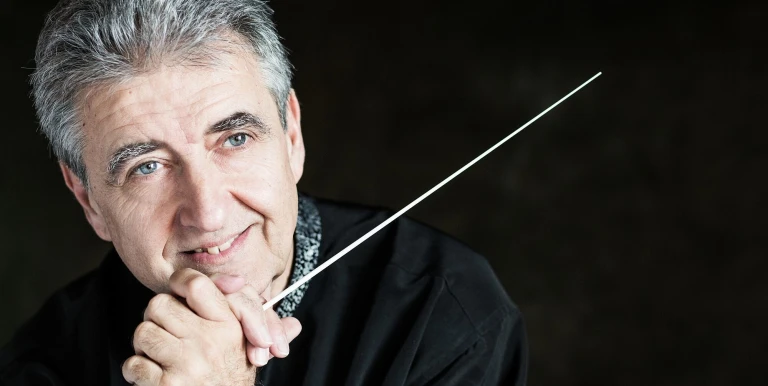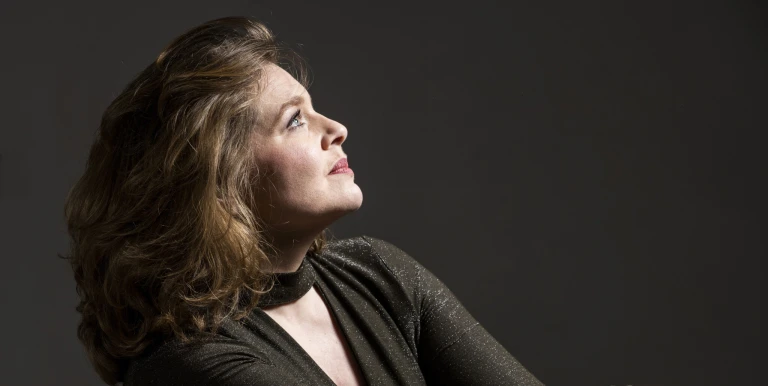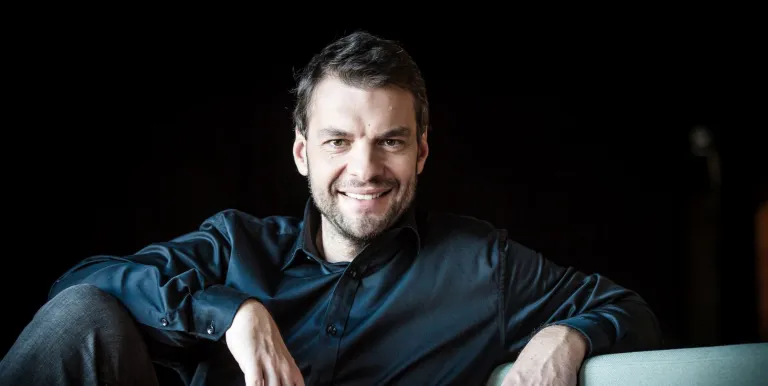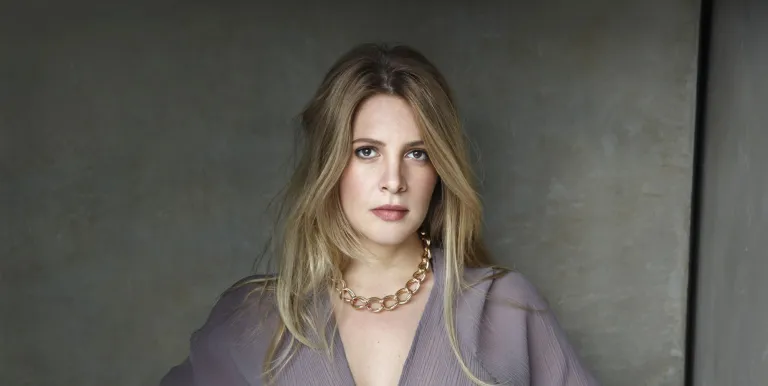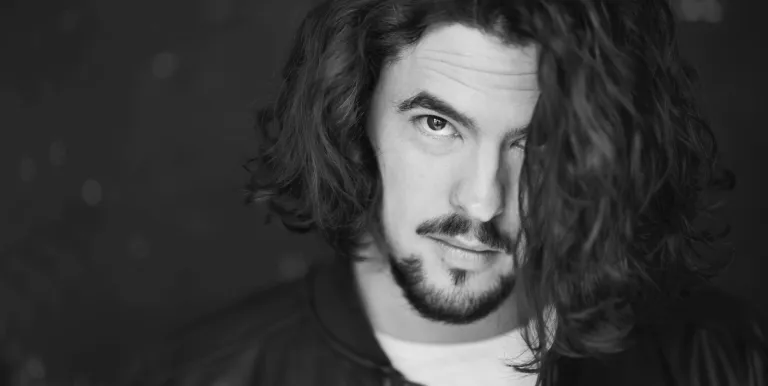one interval
Conductor:
Performers:
Featuring:
Creators:
Fidelio is an emblematic work from Beethoven's oeuvre, and one of the greatest hymns to freedom ever created. As in the German composer's greatest works - his Symphony No. 9 and the Missa Solemnis - the framework of Fidelio is simply a pretext for the expression of concepts such as the ideals of freedom, marital fidelity and self-sacrifice.
In spite of its universal musical values, the piece is only heard relatively rarely, perhaps because the final version is quite two-faced: the first act is really a representative of the German Singspiel, and more of a humorous social comedy in tone than anything else. The dramatically constructed series of scenes in the second act, however, are more oratorical than operatic in character.
The dramatic depiction will be dominated by simplicity, with the piece focused on the piece's characters, their internal worlds and the search for happiness. A key question is the personal search for freedom in all of its aspects, as another form of freedom exists aside from freedom in the physical sense: the freedom of the soul. For each of the various characters on stage, freedom has a different meaning, and thus they all construe the concept of happiness in different ways. The production seeks the answer to such basic questions as how and why the act of yearning is itself sometimes more important than the object of the yearning, where the moral boundaries that may not be crossed lie, and whether a prison can be a kind of human fantasy.
The creators of this production place key importance on the attributes of the Béla Bartók National Concert Hall, and thus largely dispense with the opera's spoken dialogues. At the same time, by exploiting the venue's acoustic properties, they are attempting to bring a high-level realisation of the work's musicality to the fore, while keeping Beethoven's intentions in mind: the extraordinarily powerful climax in the second act and the almost cosmic dimensions of the hymn to freedom in the conclusion.
Semi-staged production, in German, with Hungarian surtitles
Presented by: Dohnányi Orchestra Budafok, Müpa Budapest
-
We wish to inform you that in the event that Müpa Budapest's underground garage and outdoor car park are operating at full capacity, it is advisable to plan for increased waiting times when you arrive. In order to avoid this, we recommend that you depart for our events in time, so that you you can find the ideal parking spot quickly and smoothly and arrive for our performance in comfort. The Müpa Budapest underground garage gates will be operated by an automatic number plate recognition system. Parking is free of charge for visitors with tickets to any of our paid performances on that given day. The detailed parking policy of Müpa Budapest is available here.

